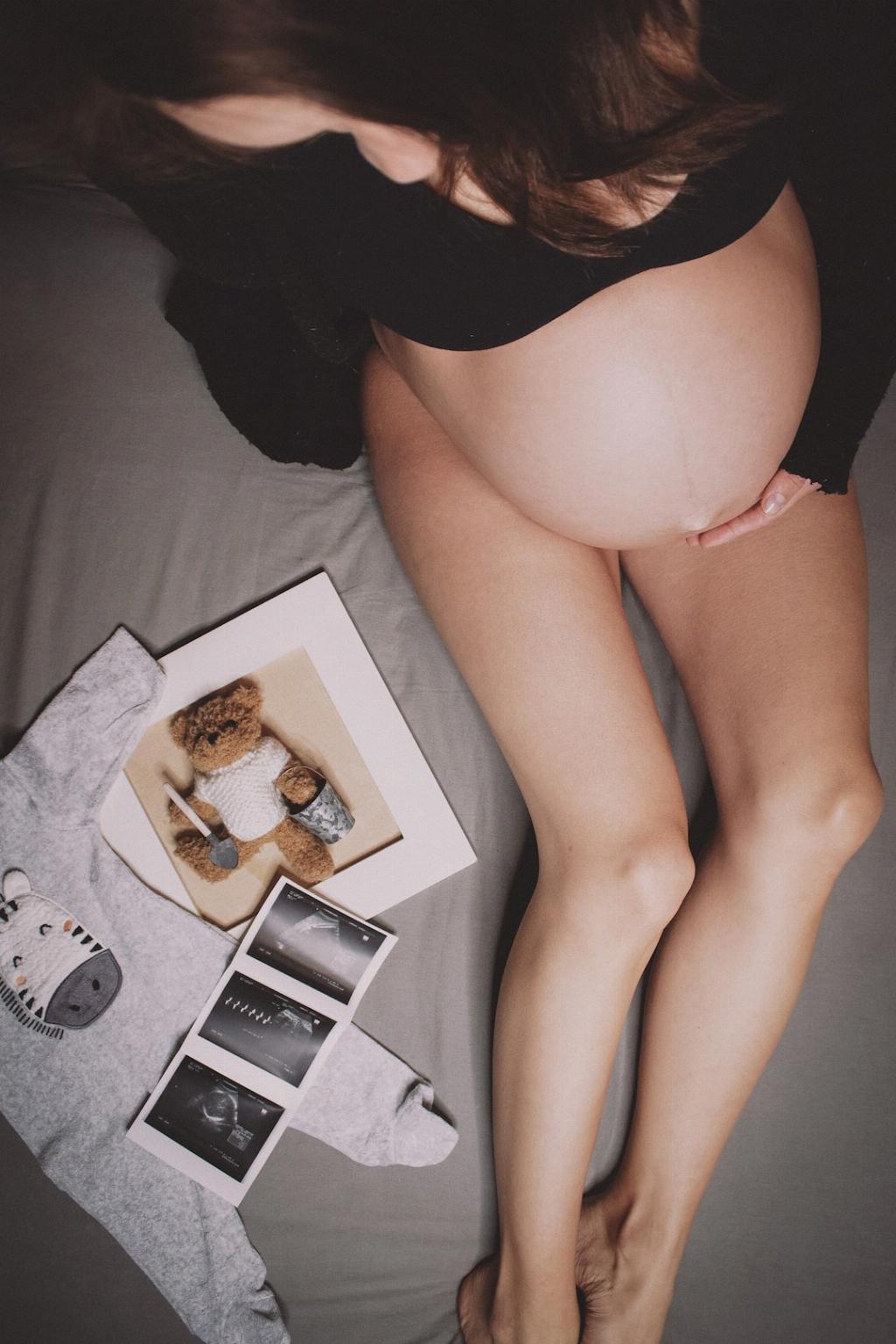When it comes to increasing your chances of getting pregnant, understanding your fertile window is crucial. The fertile window is the period in your menstrual cycle when you’re most likely to conceive. It typically lasts from about 3 to 5 days before you ovulate, along with the day you actually release an egg.
Determining Your Ovulation Time
To get fertile fast, it’s important to pinpoint when you ovulate. By tracking your menstrual cycle and observing bodily signs such as cervical mucus changes or using ovulation predictor kits, you can better predict when ovulation will occur. Once you know your ovulation time, you can plan to engage in intercourse during this fertile window.
Optimizing Intercourse Frequency
To optimize your chances of conceiving quickly, aim to have sex every other day during the middle two weeks of your cycle. This consistent approach helps ensure sperm is present when your egg is released, increasing the likelihood of fertilization.
Healthy Lifestyle Habits
Adopting a healthy lifestyle can also enhance your fertility. Maintain a balanced diet rich in fruits, vegetables, whole grains, and lean proteins. Regular exercise, proper hydration, and managing stress levels can further boost your fertility potential.
Avoid Harmful Substances
Avoiding harmful substances such as tobacco, excessive alcohol, and recreational drugs is essential when trying to conceive quickly. These substances can impair fertility in both men and women, making it harder to get pregnant.
Consulting with a Healthcare Professional
If you’re struggling to get pregnant or have concerns about your fertility, don’t hesitate to consult with a healthcare professional. A fertility specialist can provide personalized guidance, perform necessary tests, and offer treatments to help you achieve your goal of getting pregnant fast.
Understanding Your Reproductive Health
It’s important to have a good understanding of your reproductive health. Regular gynecological check-ups, including Pap smears and fertility assessments, can help identify any potential issues that may be impacting your ability to conceive quickly.
Supporting Your Partner’s Fertility
Remember that fertility is not just a concern for women. Supporting your partner’s fertility by encouraging healthy habits, such as maintaining a balanced diet and avoiding hot baths or saunas that can affect sperm production, can also improve your chances of getting pregnant fast.
Exploring Alternative Therapies
Some couples explore alternative therapies such as acupuncture, herbal supplements, or traditional medicine to enhance fertility. While the effectiveness of these methods may vary, discussing these options with a healthcare provider can provide additional insights into complementary approaches to boost fertility.
Keeping a Positive Attitude
Maintaining a positive attitude and staying hopeful throughout your fertility journey is essential. It’s normal to face challenges and setbacks along the way, but remaining optimistic and focused on your goal can help you navigate the process of trying to get pregnant fast.
Embracing Emotional Support
Seeking emotional support from your partner, friends, or a support group can also be beneficial. Dealing with fertility issues can be emotionally taxing, and having a strong support system in place can provide comfort, understanding, and encouragement during this time.
Patience and Persistence
Remember that every individual’s fertility journey is unique, and it’s important to be patient and persistent. While getting pregnant fast is the goal, it’s also essential to take care of yourself, stay informed, and remain committed to your overall well-being as you work towards achieving your dreams of starting a family.

